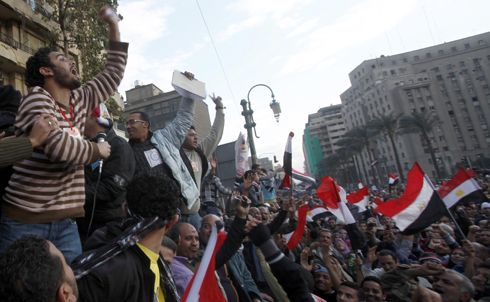
Egypt’s revolution, still unfolding, is not a leaderless one. At the core of the movement that turned out hundreds of thousands in Tahrir Square, in Cairo’s suburbs and in Alexandria, Suez, Port Said and other cities was a dozen or so activists, mostly twenty-somethings, brilliantly strategic and media-savvy, using Facebook and other Internet platforms to reach out to Egyptians wanting change.
Among them, the groups We Are All Khaled Said and the April 6 Youth Movement, along with young labor activists, young supporters of Mohammad ElBaradei’s nascent party and the youth wing of the Muslim Brotherhood led the way. Joining in were Egypt’s legal and semi-legal political parties and movements, including the Tomorrow Party, the National Progressive Unionist Party, the New Wafd Party, Kefaya (“Enough!”) and the Democratic Front Party. Eventually, much of Egypt’s non-military establishment got involved, including a committee of so-called Wise Men, made up of billionaires, former senior diplomats and others who decided that the time was right to speak out against President Hosni Mubarak.
In the following slides, The Nation’s Robert Dreyfuss breaks down the key players behind Egypt’s revolution and the roles they’re likely to play in the country’s fast-changing political landscape.
Credit: Reuters Pictures
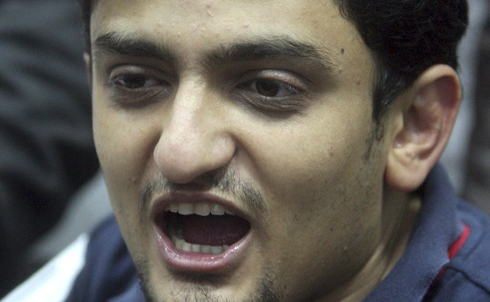
Wael Ghonim, a 30-year-old marketing executive for Google, has emerged for many as the face of the Egyptian revolution. Utterly unknown to the public until February 7, when he was released after ten days in prison, Ghonim is the admin for a hugely popular Facebook page called We Are All Khaled Said, set up last year after the murder by police of a young Alexandria man by that name.
Since the fall of Mubarak, Ghonim has become the spokesman for a coalition of youth groups, including the April 6 Youth Movement, and on February 13 he led young Egyptians in a dialogue with Egypt’s new military government.
Credit: AP Images
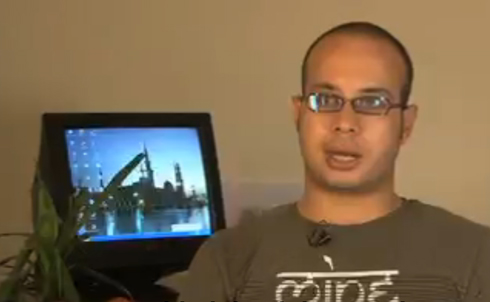
Ahmed Maher is a 30-year-old construction engineer who, in 2008, founded a Facebook group called the April 6 Youth Movement. The movement was established to support a besieged strike by textile workers in Mahalla, an industrial town in the Nile Delta north of Cairo, and he tried to rally a nationwide general strike in support of the workers. From the beginning, his group had the support of Ayman Nour’s moderate Tomorrow Party.
Maher was arrested, tortured and released, profiled in Wired magazine and later that year attended a youth summit in the United States. Like Ghonim’s group, Maher’s page had tens of thousands of members on the eve of the revolt that began January 25.
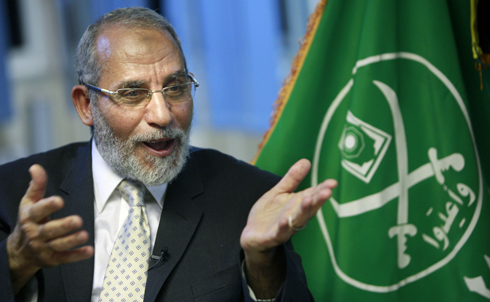
Mohammad Badi, the supreme guide of the Muslim Brotherhood, is the leader of a secretive, underground movement whose membership may be between 100,000 and one million and which, in an election, might command anywhere from 10 to 40 percent of the vote.
Founded in 1928 by Hassan al-Banna, the Brotherhood is an ultra-orthodox Islamist group, and it provided much of the muscle and organizational strength behind the anti-Mubarak movement. Having repudiated its violent past, since the 1980s the Brothers have engaged in electoral politics, winning 80 seats in the parliament in 2005, and their youth group joined with We Are All Khaled Said and the April 6 movement to launch the protests in Tahrir Square.
Credit: AP Images
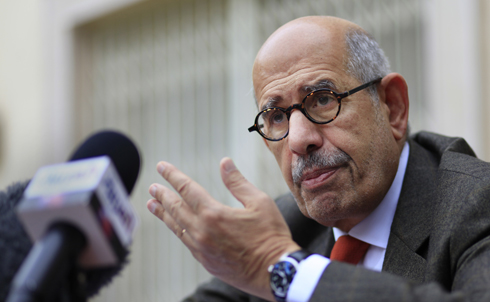
Mohammad ElBaradei, the former executive director of the International Atomic Energy Agency, returned to Egypt last year as a possible candidate to run against Mubarak in the presidential election that had been planned for 2011. ElBaradei rose to prominence when he challenged the George W. Bush administration’s claims on weapons of mass destruction in Iraq in 2003, and later in Iran.
In Egypt, he created the National Association for Change, whose youth wing joined the other young peoples’ groups in Tahrir Square. He’s emerged as the unofficial spokesman for the Committee of 10 opposition activists, but it’s unclear if he could win the support of the revolution’s most ardent organizers in a presidential campaign.
Credit: AP Images
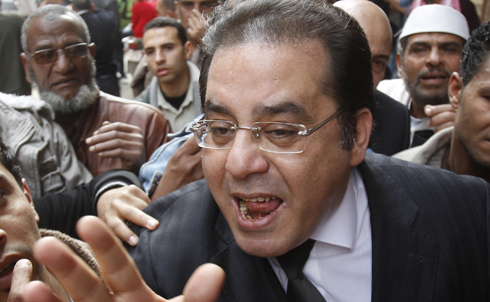
Ayman Abdul-Aziz Nour, chairman of the Tomorrow Party (Hizb al-Ghad), is an attorney and former member of parliament who, after his arrest in 2005, became one of Egypt’s most famous political prisoners. Released in 2009, Nour and his party, liberal and centrist, have been strong advocates of democratic reform.
As the anti-Mubarak opposition gained momentum in late January, Nour allied himself to the movement and joined with other legal and semi-legal parties, including the New Wafd Party, reestablished in 1983 as heir to the post-World War I Wafd Party, which led the independence movement; the National Progressive Unionist Party, a Nasserist-socialist party founded in 1977 by Khaled Mohieddin, a member of the 1952 Revolutionary Command Council led by Gamal Abdel Nasser that toppled King Farouq; and the liberal Democratic Front Party, founded by Osama Al-Ghazali Harb.
Credit: Reuters Pictures
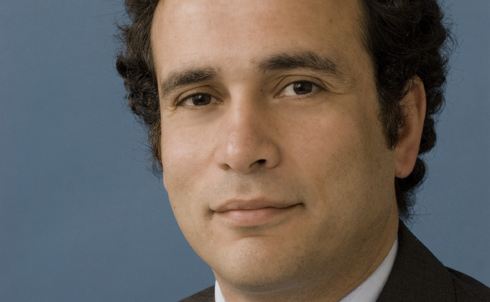
Amr Hamzawy is an Egyptian scholar with the Carnegie Middle East Center in Beirut and he serves on the Middle East advisory council of Human Rights Watch. After the eruption of the January 25 revolt, Hamzawy emerged as one of sixteen or so members of the so-called “wise men,” mostly wealthy businessmen and establishment figures, which has tried to mediate between the Egypt’s military rulers and the protest movement. Other members include telecom billionaire Naguib Sawiris, media mogul Ibrahim Moallem and Amr Moussa, who headed the Cairo-based League of Arab States.
Credit: Carnegie Endowment for International Peace
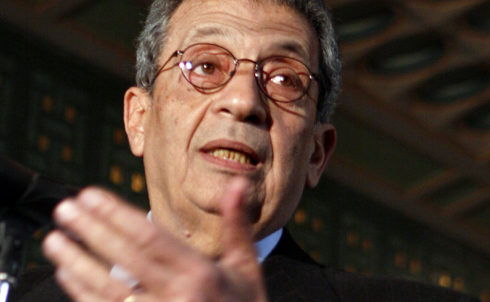
Amr Moussa, 74, also part of the Wise Men group—which calls itself the “dialogue committee”—resigned from his post as secretary-general of the Arab League, a post he’d held since 2001, to present himself as a compromise candidate for president of Egypt. A long-time diplomat, Moussa was Egypt’s foreign minister from 1991-2001, and since 2004 he’s explored the idea of challenging Mubarak in an election.
Moderate and pro-American, Moussa has been talking with ElBaradei, the youth groups and other parties to seek their support, but, like ElBaradei, it’s not clear how strong a candidate he’d be in post-Mubarak Egypt.
—Robert Dreyfuss
Credit: AP Images


